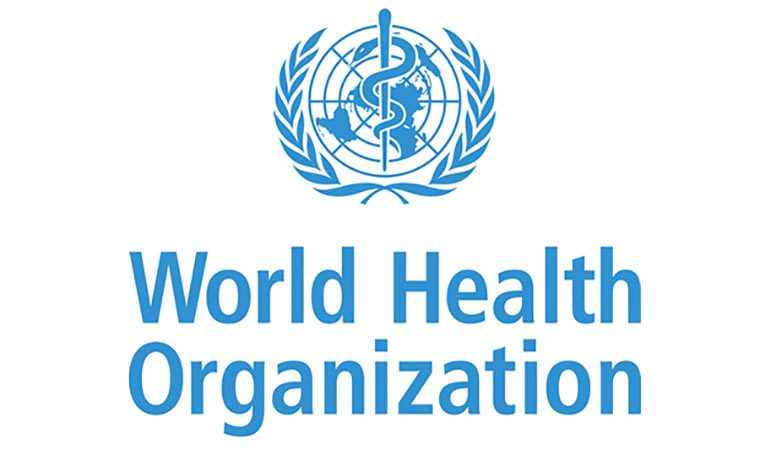The World Health Organisation stated on Sunday that in 2022, Nigeria had the highest number of children who did not receive any vaccinations. The estimated number of these children is over 2.3 million, which accounts for about 16 percent of the global total.
The 2023 results report highlights the accomplishment of important public health goals, even in the face of increased global health needs due to conflict, climate change, and disease outbreaks.
The report is released before the 2024 Seventy-seventh World Health Assembly, scheduled to run from May 27 to June 1, 2024.
Children who have never had access to routine immunisation services or have never been reached by them are referred to as zero-dose children.
These children are specifically those who have not received their first dose of the DTP vaccine, which protects against diphtheria, tetanus, and pertussis.
“The world is not on track to achieve most of the triple billion targets and the health-related Sustainable Development Goals,” said WHO Director-General, Dr Tedros Ghebreyesus.
“However, with specific and coordinated efforts to speed up progress, we still have the potential to achieve a significant number of them. Our aim is to invest more resources in areas that are most important, at the country level, while ensuring sustainable and adaptable financing to support our mission,” Ghebreyesus added.
The report stated that in 2022, Nigeria was at the top of the list of countries with the most zero-dose children, with over 2.3 million estimated zero-dose children, accounting for about 16 percent of the global total.
“The country also has the largest number of zero-dose children affected by conflict. The government of Nigeria took the right steps by prioritising reaching communities with a high number of zero-dose children in its National Strategy for Immunisation and Primary Health Care System Strengthening.
“The goal is to reduce the number of affected children by at least 80% by the end of 2028.”
In 2023, the WHO Regional Office for Africa highlighted that Nigeria, Ethiopia, the Democratic Republic of the Congo, Angola, the United Republic of Tanzania, Madagascar, Mozambique, Mali, Chad, and Cameroon were the top 10 countries with the highest number of zero-dose children.
The regional office mentioned that these 10 countries accounted for 80.3 percent of the total number of zero-dose children from 2019 to 2022.
One of the key goals of the World Health Assembly’s Immunisation Agenda 2030 is to improve coverage and fairness, thus reducing the number of zero-dose children.
“Recognising that the health challenges associated with zero-dose communities require collaboration across different sectors and strong partnerships, the Ministry of Health, with support from WHO, utilized the Global Action Plan for Healthy Lives and Well-being for All to ensure a robust implementation of the NSIPSS, and specifically, to help identify and reach zero-dose communities with immunisation services through the PHC system.
“This is in line with Output 4.2.1 of the 2022-2023 WHO Programme Budget.”
It was also noted that between March 2021 and January 2023, over six million children have received life-saving immunisation services, with more than five million children receiving the third dose of the pentavalent vaccine (Penta3) annually.
“High-quality and appropriate data is important to find communities targeted for health interventions. In 2020, Nigeria’s National Primary Health Care Development Agency established a data system to locate zero-dose communities, with help from WHO and the United Nations Children’s Fund.
“Vaccination records, health facilities, surveys, local community data at the sub-national level, and other data sources were brought together.
“Stakeholder workshops and meetings were arranged to analyze the data, which showed that focusing on 100 local government areas in 18 states would reach 1.5 million zero-dose children out of the 2.3 million nationally and enhance immunisation coverage. The detailed analysis informed revisions to the zero-dose priority actions within the NSIPSS,” it said.
It added that expanding childhood vaccination coverage in Nigeria will need a significant and sustained commitment to reach every zero-dose child and missed community.



